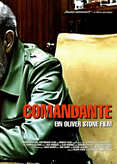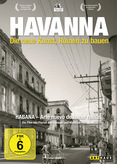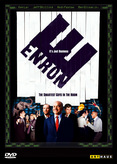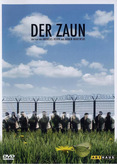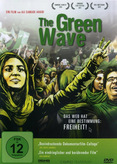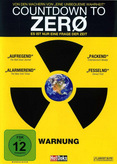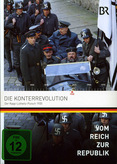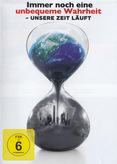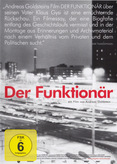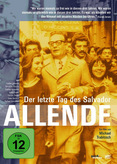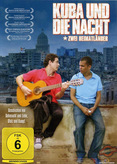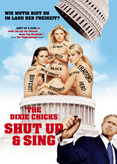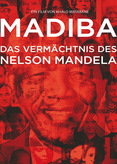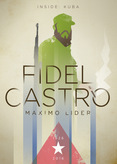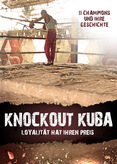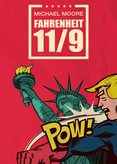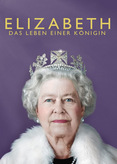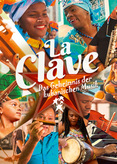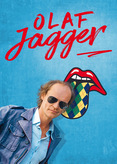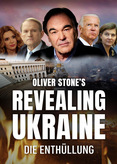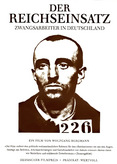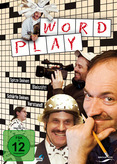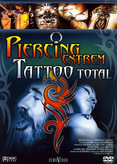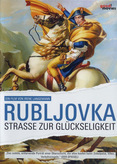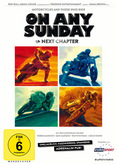Zwischen 1961 und 1989 bekämpften sich auf dem afrikanischen Kontinent nicht nur die beiden Supermächte USA und UdSSR, sondern auch die ehemaligen Kolonialmächte und die neuen unabhängigen Nationen. Die jungen afrikanischen Revolutionäre, wie Patrice Lumumba, baten die kubanischen Guerilleros um Unterstützung in ihrem Kampf. Unter der Führung von Fidel Castro spielte Kuba eine entscheidende Rolle in dieser offensiven Strategie der jungen Nationen der Dritten Welt im Kampf gegen die Kolonialmächte. Die Dokumentation 'Fidel Castro - Revolution und Krieg' schildert die Konflikte des Kalten Krieges, vom tragikomischen Zwischenspiel Che Guevaras im Kongo bis zum Sieg bei der Schlacht von Cuito Cuanavale in Angola. Im Grunde aber erzählt der Film die Geschichte dieser Internationalisten, die sich in der heutigen weltpolitischen Lage widerspiegelt: Sie haben alle Schlachten gewonnen, den Krieg aber verloren.
Between 1961 and 1989, not only the two superpowers, the USA and the USSR, fought each other on the African continent, but also the former colonial powers and the newly independent nations. The young African revolutionaries, such as Patrice Lumumba, asked the Cuban guerrillas for support in their struggle. Under the leadership of Fidel Castro, Cuba played a decisive role in this offensive strategy of the young nations of the Third World in the struggle against the colonial powers. The documentary 'Fidel Castro - Revolution and War' depicts the conflicts of the Cold War, from Che Guevara's tragicomic interlude in the Congo to the victory at the Battle of Cuito Cuanavale in Angola. Basically, however, the film tells the story of these internationalists, which is reflected in today's global political situation: they won all the battles, but lost the war.




